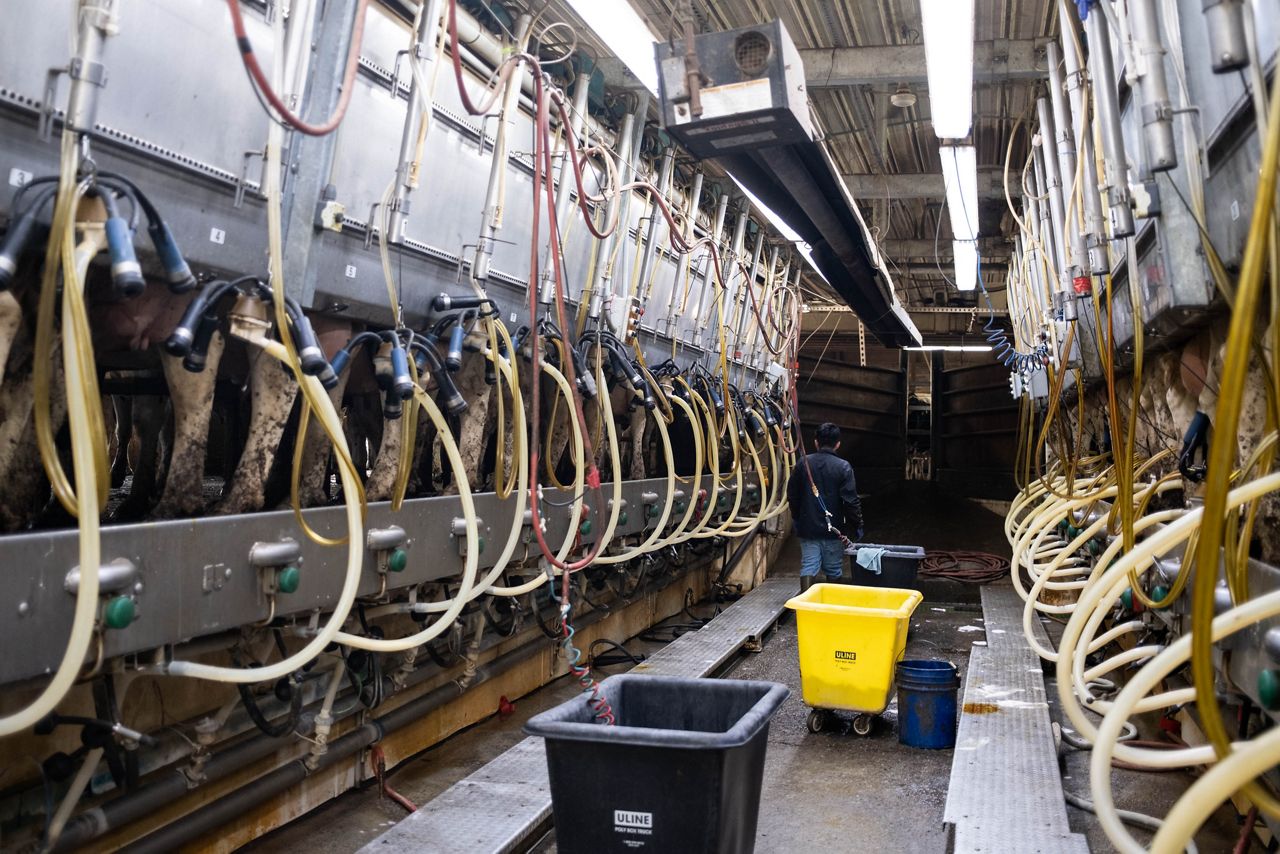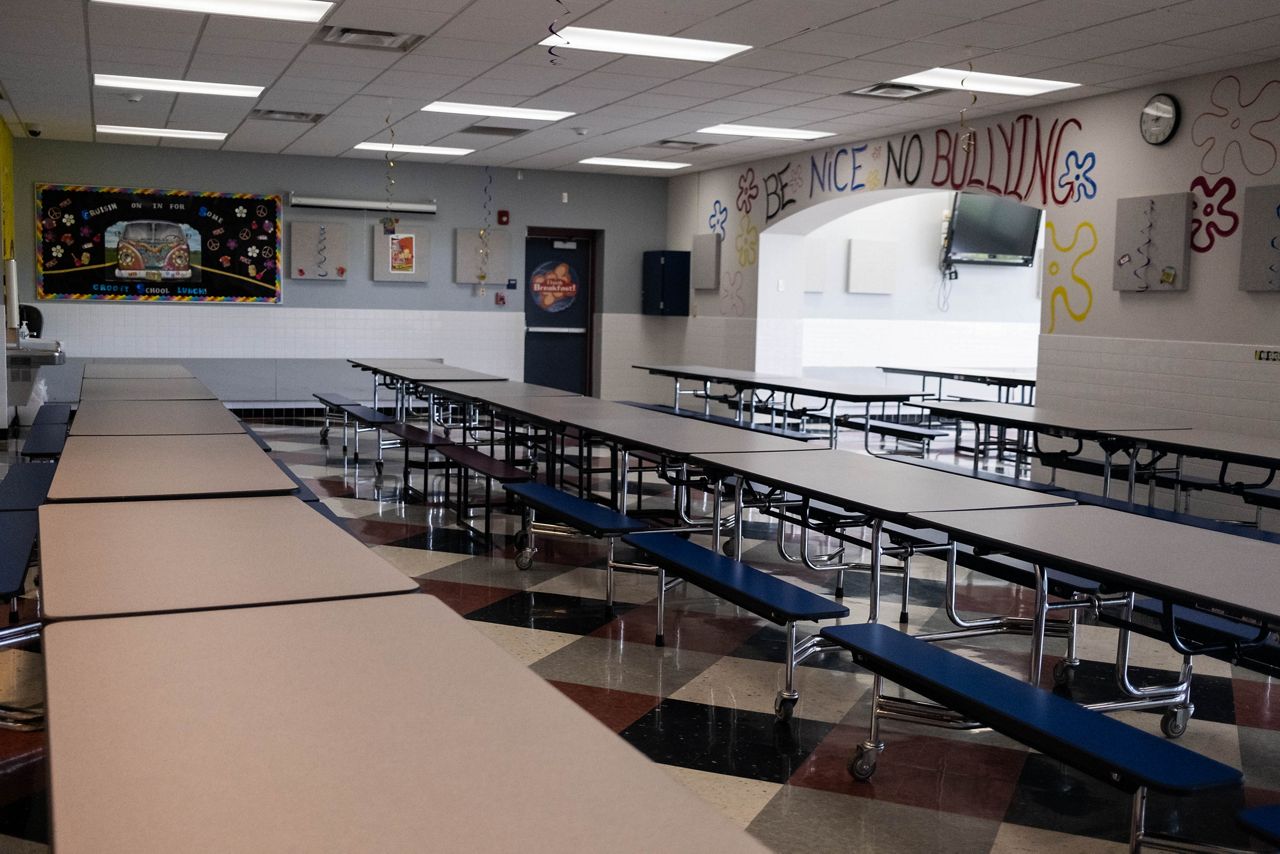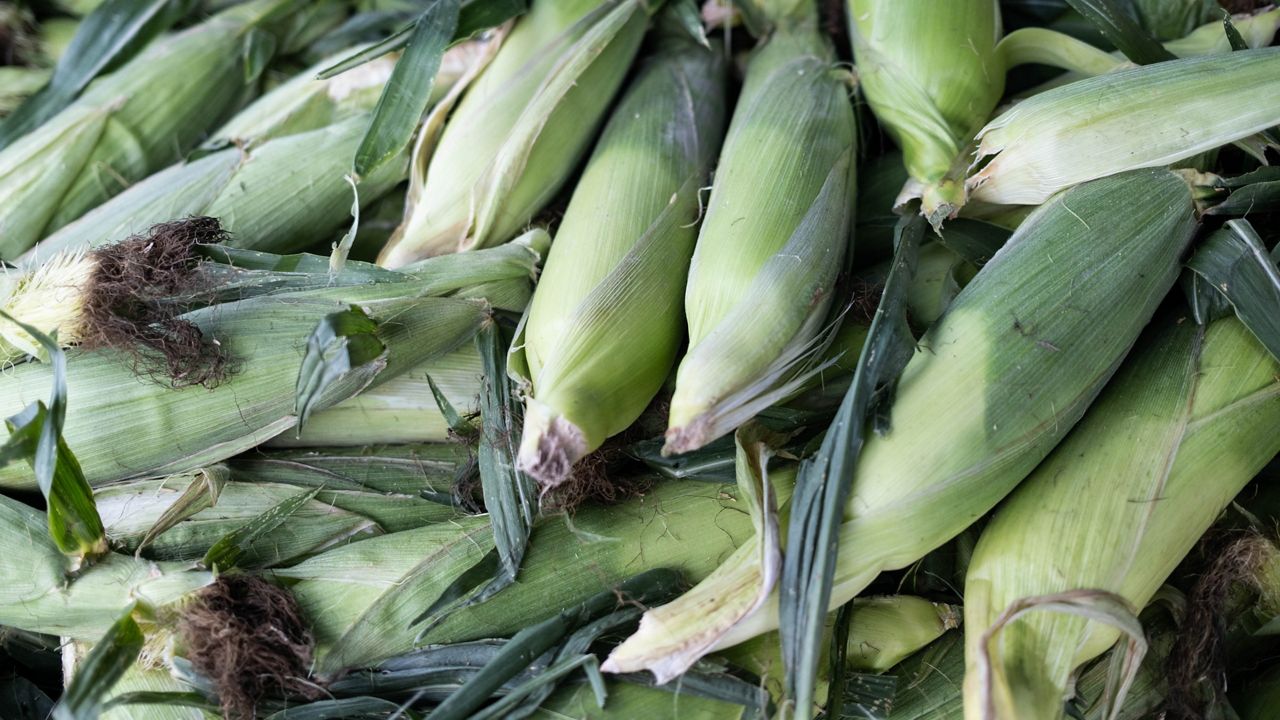With a new legislative session underway in New York, advocates from across the food industry are pushing for specific laws to address their concerns on everything from pandemic recovery to farmworker overtime.
Melissa Fleischut, president and CEO of the New York State Restaurant Association, said eateries still face challenges because of the current state of the economy.
“There’s concern as to whether or not we’re going to see a recession,” Fleischut said. “I’m hearing mixed signals from the industry as to hope for the year being more of a normal year with less concern about COVID.”

With the high cost of food products, restaurants are hoping for anything that can make it more affordable — and reverse the tide of an industry that has seen many long-time restaurants close their doors.
“We’re looking at anything that would be adding additional cost to the industry or increasing fees in the industry,” Fleischut said. “We really can’t afford to see anything like that right now. We don’t see any silver bullet that is going to solve our problems, but we definitely don’t want to see anything that is going to make it worse.”
The dairy industry, New York’s largest agricultural industry, is also hoping for legislative help. Paul Harvey, Northeast Dairy Foods Association’s director of regulatory affairs, said some of the concerns facing the dairy industry include labor shortages and inflation.

A major concern for the dairy industry is the change in overtime for farmworkers. The change came in September when lawmakers determined by 2032 farmworkers will qualify for overtime after 40 hours. The state will subsidize with tax credits for the lower threshold.
Harvey said he hopes legislators reconsider how to distribute the tax credits to cover the difference for farmers.
“Right now, the tax credit has been issued as an advance and if there’s any difference, they want you to pay it back,” Harvey said. “The food industry is a lot like the restaurant industry, a very low overhead at a very high cost.”
Harvey said they would like the payments to go out quarterly rather than yearly, so the farmer doesn’t pay so much at once.
Additionally, they are tracking changes to any climate-related bills as they likely have impact on farmers.
In Onondaga County, Syracuse-Onondaga Food Systems Alliance works to build a better food system for the city and county. Director Maura Ackerman said the concerns she has are related to the poverty level and access to food.

“Regarding the price of food is expanding access to universal school meals at K-12 schools,” Ackerman said.
During the pandemic, all schools throughout the nation offered free meals to all students without income verification, but the federal program ended in September. Some states, like Massachusetts and Vermont, already created their own programs for this school year. Ackerman said New York should as well.
“Syracuse has the most impoverished children of any city in the nation and that is not a claim to fame that we are proud of,” Ackerman said.
A pending Senate bill calls for free meals for students with no income threshold. State Sen. Michelle Hinchey sponsored the bill in the last session and plans to reintroduce it again this year.
“Kids can’t learn and grow into healthy individuals if they’re hungry, and it is incumbent upon us to make sure that by the time the last bell rings at school, they’ve had at least two nutritious meals to support their health, learning, and development,” Hinchey said in a statement. “We are fighting to make Healthy Meals for All a state priority so that every student in New York, no matter where they live or their family’s ability to pay, is guaranteed free breakfast and lunch at school.”



